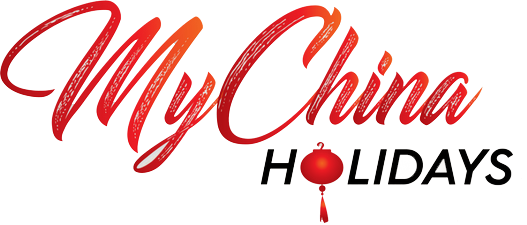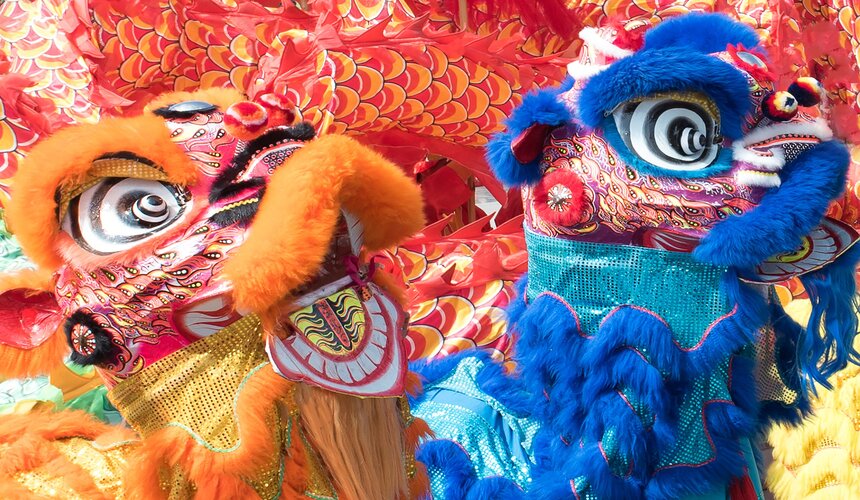
Cultural Etiquette in China: Key Manners Every Visitor Must Learn
When visiting China, an understanding of Chinese cultural etiquette is considered essential. Respect for traditions is valued, and small gestures often leave a lasting impression. In daily life, etiquette is seen as a way to build trust and harmony. Visitors can show politeness in both casual and formal settings. By following simple manners, smoother communication is achieved, and stronger connections are created.
Moreover, cultural mistakes can be avoided when proper behavior is learned in advance. With the right knowledge, confidence in social and business situations is increased. This guide provides clear tips on greetings, dining, gift-giving, and more. Through these insights, every traveler is better prepared to experience China with respect and ease.
1. Temple & Cultural Site Etiquette
- When visiting temples or cultural sites in China, modest clothing is recommended. Shoulders and knees should be covered as a sign of respect.
- Speaking softly is appreciated, as loud voices can disturb others and show a lack of consideration.
- Touching sacred objects or statues is usually forbidden. Visitors are expected to observe and follow local rules carefully.
- Photography may be restricted in certain areas. Always check for signs or ask permission before taking pictures.

2. Greetings & First Impressions
- When meeting someone in China, a proper handshake is usually expected. The grip is kept light, since a very firm handshake may be seen as unfriendly.
- Titles and family names are used as a sign of respect. For example, “Mr. Wang” or “Ms. Li” is preferred over first names, especially during first meetings.
- A slight bow or nod may also be offered. This small gesture is considered polite and shows awareness of local customs.
- At the same time, overly casual greetings are best avoided. Informal phrases or body language may create the wrong impression.

3. Respect for Hierarchy
- In China, age and seniority are highly respected. Elders are often given priority in both social and professional settings.
- When entering a room or starting a meal, the senior person is usually allowed to lead. Following this custom is seen as a sign of politeness and understanding of local culture.
- Seating arrangements are also influenced by hierarchy. The most honored guest or senior member often occupies the seat of respect, while others are arranged accordingly.
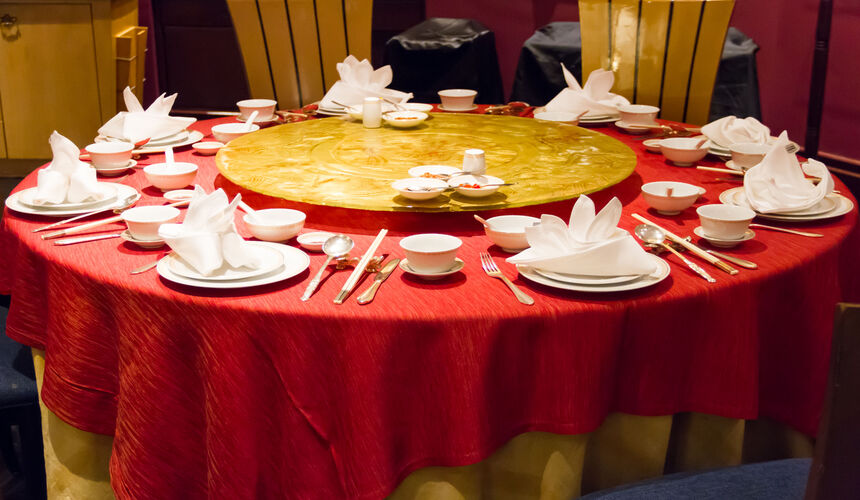
4. Gift-Giving Etiquette
- Gift-giving is an important part of Chinese cultural etiquette. Common gifts include tea, fruit, or local specialty items. These items are usually appreciated and seen as thoughtful gestures.
- Gifts should be wrapped neatly, while white and black paper is avoided. These colors are associated with funerals and are considered inappropriate.
- When giving or receiving a gift, both hands should be used. This practice shows respect and sincerity.
- Certain items are believed to bring bad luck and should be avoided. Clocks, umbrellas, and sharp objects are examples, as they are linked to negative meanings in Chinese culture.
- It is considered polite not to open a gift in front of the giver. Gifts are usually set aside and opened later in private, which prevents any embarrassment and shows tactful appreciation.
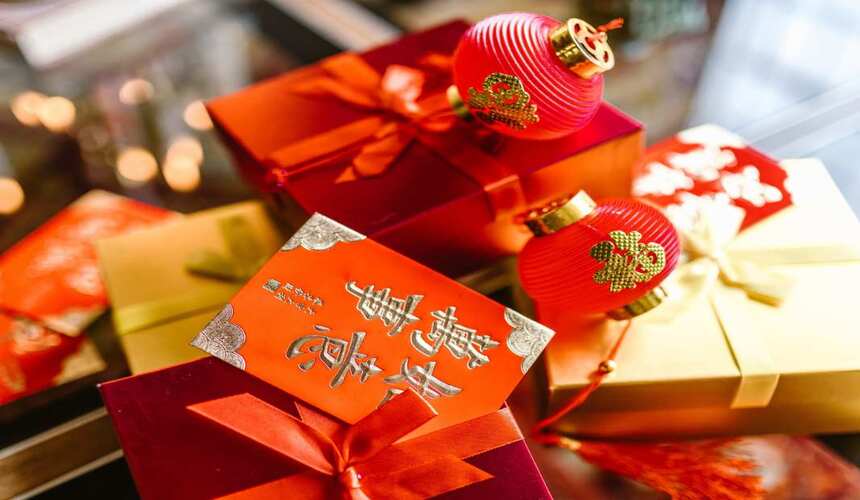
5. Dining Etiquette
- In China, it is polite to wait until the host is seated before starting a meal. Following this rule shows respect and attentiveness.
- Chopsticks are used carefully during meals. They should never be stuck upright into a bowl, as this resembles a ritual for the deceased. Pointing with chopsticks is also considered rude.
- Trying all dishes is appreciated, even if only a small amount is eaten. Leaving a little food on the plate can show that the host provided enough, which is considered polite.
- Toasting is an important part of Chinese dining culture. The phrase “ganbei,” meaning “cheers,” is often used. Raising your glass with respect and making eye contact demonstrates good manners and builds connections.
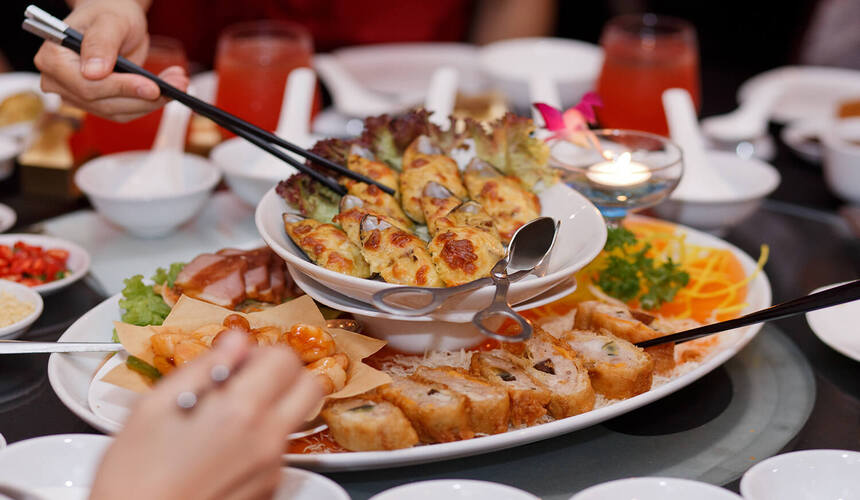
6. Communication & Body Language
- In China, indirect communication is often preferred. People may avoid saying “no” directly to maintain harmony. Understanding this subtlety helps prevent misunderstandings.
- Silence is sometimes used as a form of respect. It does not always indicate discomfort or disagreement. Visitors are encouraged to be patient and attentive in conversations.
- Physical contact is limited, especially with strangers. Handshakes are common, but hugging or patting someone on the back may be seen as too forward.
- Certain gestures are considered impolite. For example, touching someone’s head or pointing at people can be offensive.

7. Business Etiquette
- Punctuality is highly valued in Chinese business culture. Arriving on time shows respect for others’ schedules and professionalism.
- Business cards are exchanged with both hands. Taking a moment to carefully look at the card before putting it away demonstrates attentiveness and respect.
- Professional appearance is important. Modest and neat clothing helps create a positive impression in meetings.
- Building relationships often comes before discussing business matters. Showing genuine interest in the other party and engaging in small talk is appreciated.
- By following these practices, visitors can navigate Chinese business settings with confidence and respect.
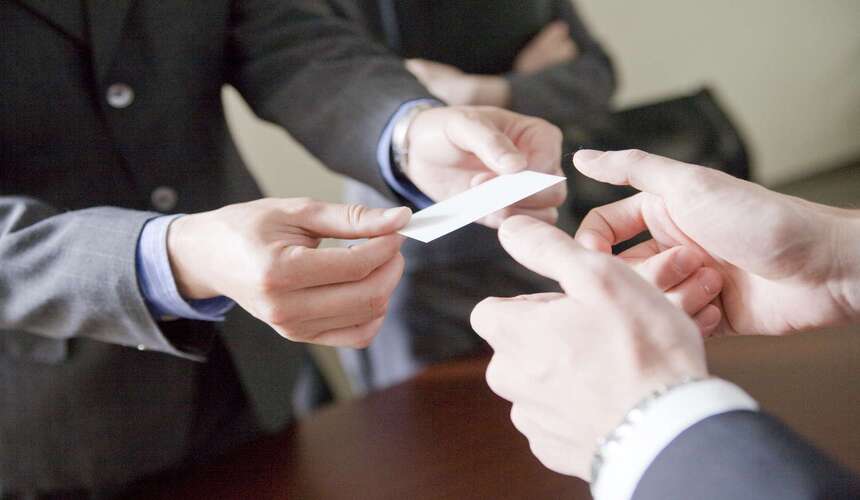
8. Dress Etiquette
- Modest clothing is recommended in most public places. Revealing outfits may attract unwanted attention or be seen as disrespectful.
- In religious or cultural sites, covering shoulders and knees is particularly important. Some temples may provide shawls or robes for visitors who are not dressed appropriately.
- Business settings usually require formal or smart casual attire. Dressing neatly shows professionalism and respect.
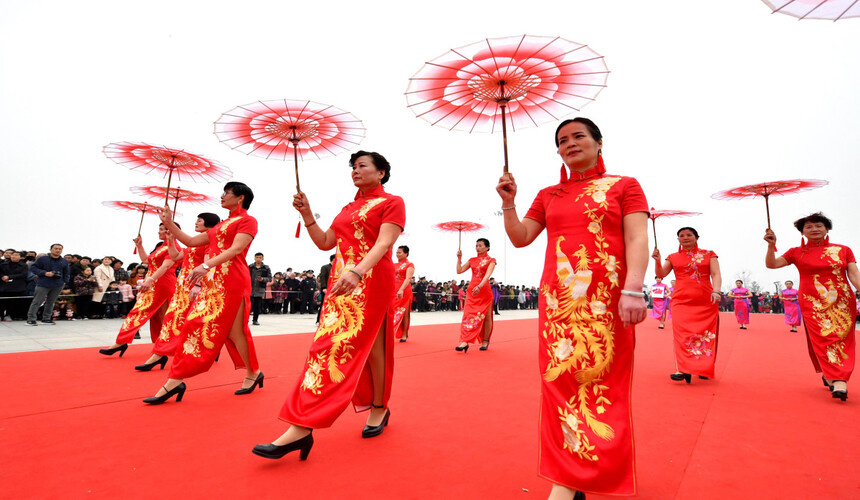
9. Quick Dos and Don’ts
✅ Dos
- Use both hands when giving or receiving gifts.
- Show respect to elders and senior figures.
- Wait for the host before starting a meal.
- Speak softly in temples and cultural sites.
- Observe proper chopstick etiquette (don’t stick upright or point).
- Dress modestly, especially in religious or formal settings.
- Be punctual and polite in business meetings.
❌ Don’ts
- Don’t open gifts in front of the giver.
- Avoid overly casual greetings in formal settings.
- Never touch someone’s head or point at people.
- Avoid giving clocks, umbrellas, or sharp objects as gifts.
- Do not discuss sensitive topics like politics or history casually.
- Don’t arrive late or ignore seating hierarchy in meetings or meals.
- Avoid lud voices or disruptive behavior in cultural or sacred sites.
Understanding Chinese cultural etiquette can make travel and business experiences in China smoother and more enjoyable. Respect for local customs is always appreciated, and small gestures can leave a lasting impression. For more personalized advice or travel guidance in China, assistance is always available. Contact us on WhatsApp: +86 187 2197 8867 or email: [email protected]. Expert support ensures a respectful and memorable experience throughout your visit.
